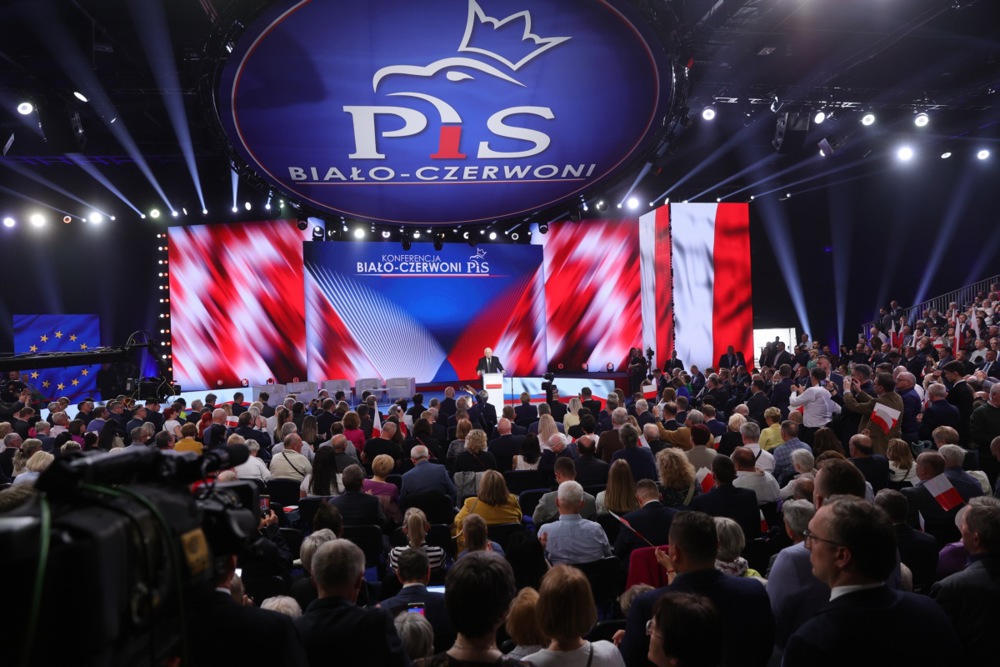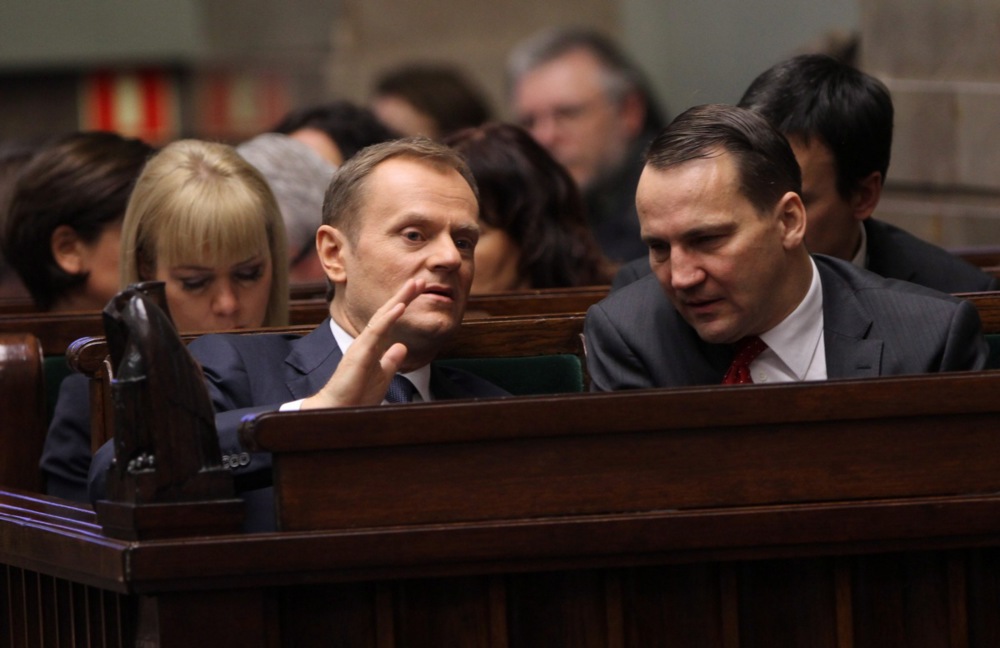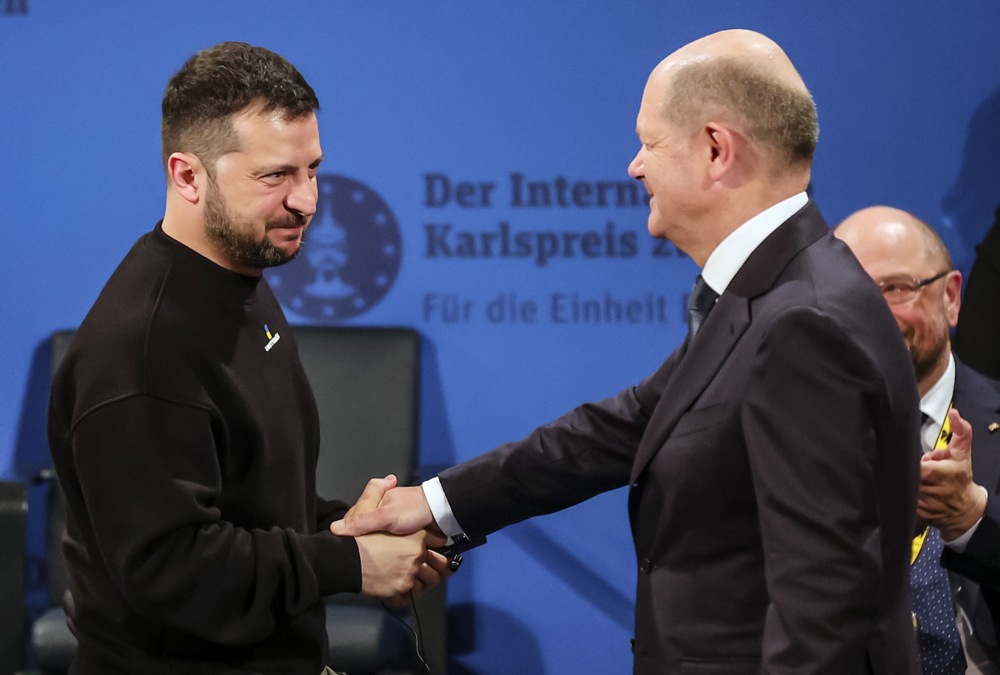Today, all of Europe has turned to eurosceptic parties… or, almost all of Europe. Poland, a country of steadfast EU enthusiasts, stands firm against the trend. Somehow, unlike the rest of the EU, Polish eurosceptics have managed to lose the election.
Despite a strong eurosceptic wave across Europe, Poland defied the trend with Donald Tusk’s Civic Platform achieving an unexpected victory, securing 38.2% of the vote, contrary to polling predictions.
Meanwhile, the Law and Justice Party (PiS) suffered a significant loss, dropping to 33.9% from its previous 45.4% in 2019. This dramatic shift underscores the impact of the new government’s aggressive stance against PiS and highlights the internal issues within PiS, including its lack of innovation and strategic direction.
The first five months of the new government’s attacks on PiS, combined with Kaczyński’s lack of programme, strategy, and ideas, have had significant consequences.
Critics have previously highlighted PiS’s lack of direction and renewal, but many did not expect such catastrophic results. Being in opposition and facing particularly brutal attacks hurt PiS badly. The Polish public did not rally behind them.
Reacting to the results, Kaczyński declared, “this result is a challenge,” but added, “the road to victory is open,” and “we must continue on this road.”
His speech was notably brief and lacked substantial content, with the most striking aspect being his complete absence of self-criticism.
PiS conducted a lacklustre campaign, focusing on opposing changes to European treaties proposed by a European Parliament committee, a strategy not followed by other European parties.
This focus on theoretical issues rather than addressing current EU power abuses and real-time concerns proved ineffective. The campaign highlighted PiS leaders’ entrenchment in outdated convictions and resistance to renewal.
This misalignment with voter priorities resulted in a lack of understanding and support, showcasing the party’s failure to adapt and innovate in response to the political climate.
Another misstep in the campaign was placing Jacek Kurski as the second candidate on the PiS list in Mazovia. This move symbolized PiS’s failure to learn from its defeat in the October 2023 parliamentary elections.
Kurski, who managed public television TVP from 2016 to 2022, transformed it into a propaganda tool widely disliked by most Poles and even many PiS supporters. This decision backfired, as evidenced by Kurski’s failure to secure a seat in the European Parliament.
Only one party performed worse than PiS: the centrist Third Way, allied with Tusk. They received just 8.2% of the vote, a significant drop from their 14.4% in the October 2023 parliamentary elections.
This decline can be attributed to their participation in the government, leading to their perception as mere followers of Donald Tusk. Similarly, the Left stagnated at 6.6%, reflecting a broader disenchantment with parties seen as closely aligned with Tusk’s leadership.
The far-right Konfederacja party has grown to 12%, capitalizing on a more eurosceptic stance than PiS, addressing tangible issues such as the Green Deal and the migration pact.
Their potential for greater success is hindered by an old guard frequently embroiled in scandals, including figures like Korwin Mikke and Grzegorz Braun. Braun caused for instance a significant controversy by using a fire extinguisher to put out the candles of a Hanukkah menorah in the parliament building on December 12, 2023. He justified his actions by describing the Jewish ritual as “Satanic” and claimed he was restoring “normalcy and balance.”
This act, which took place during a parliamentary session, led to immediate condemnation from various political figures and institutions. Speaker Szymon Hołownia expelled Braun from the session and announced that the incident would be investigated by the prosecutor’s office.
Even members of Braun’s own party, including Sławomir Mentzen, distanced themselves from his actions, with Mentzen condemning Braun and indicating that further steps would be taken against him.
Braun has a history of antisemitic statements and actions, including previously interrupting a lecture on the Holocaust and making derogatory comments about Jews.
Without these controversial figures, Konfederacja could surpass PiS and become the dominant right-wing force. However, under the current conditions, the Polish Right remains relatively stagnant and unable to fully capitalize on its potential growth.
The exceptional result of the Civic Platform can be attributed to Donald Tusk’s cunning skills during the initial months of his new government. He brutally challenged PiS in institutional battles, sometimes using blatantly illegal measures, while at the same time successfully co-opting many of their projects.
Despite its aggressive tactics and takeover of state structures, Civic Platform has not made scandalous errors that could have shocked the majority of the population regarding social issues and public policies, unlike the last PiS government. Their support for PiS-initiated initiatives, such as border wall construction, the 800+ social benefit program, local electric car production (Izera), and finally unexpected support for the CPK airport and railway hub project, has resonated with voters.
The exercise of power appears to strengthen the Civic Platform. To survive, PiS must urgently renew itself and present a more ambitious vision for Poland than Tusk.
Kaczyński needs to step down and allow a younger generation of leaders to take charge.





Brussels gets a Polish promise, here comes the money for Tusk